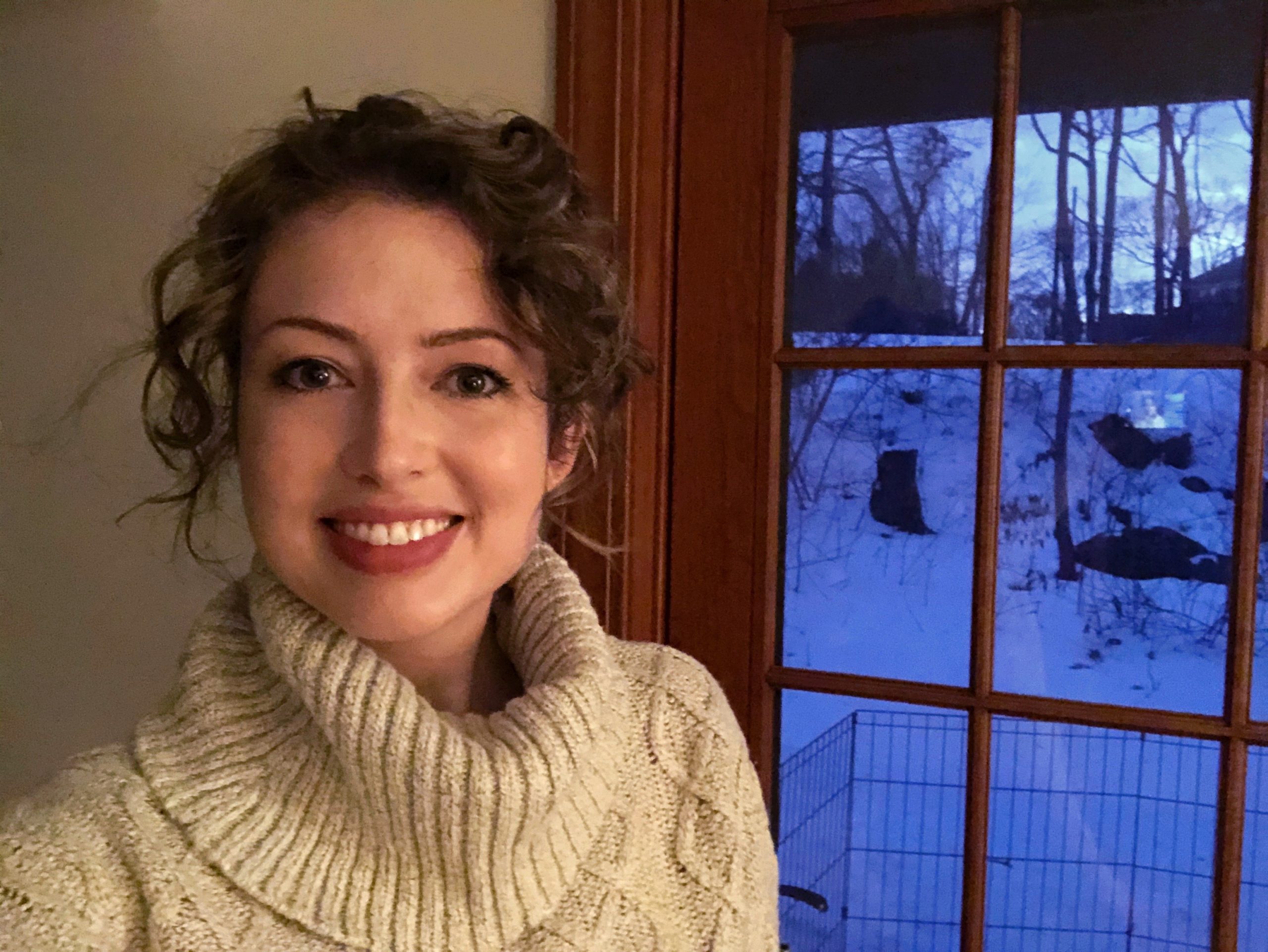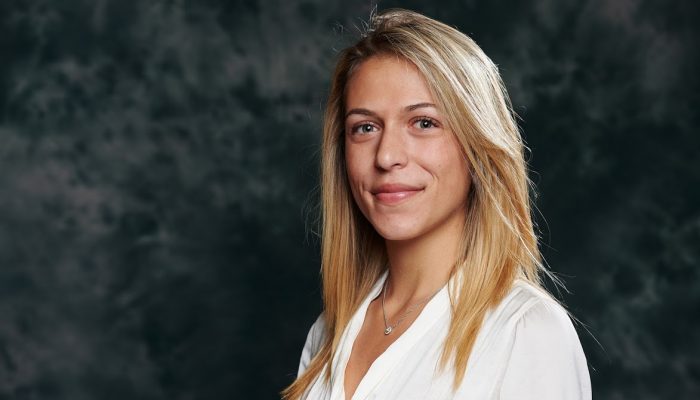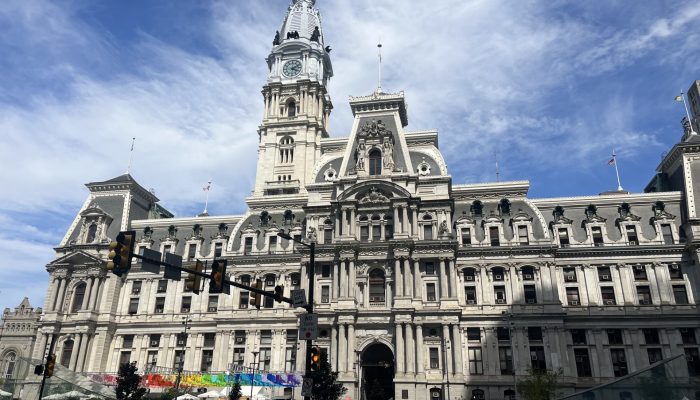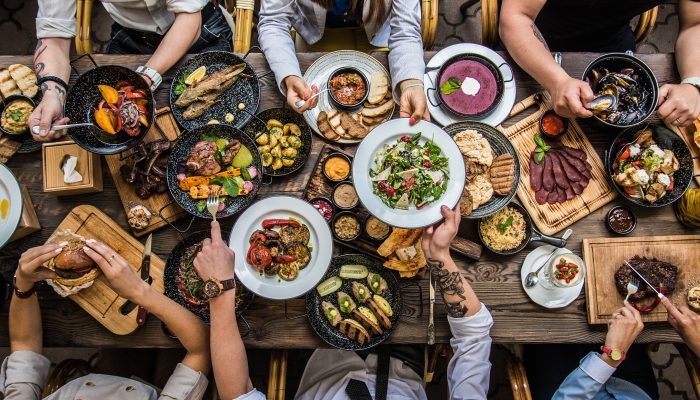Laura Vargas, MSW, LSW, program manager for the City’s Substance Use Prevention and Harm Reduction program.
The opioid epidemic has been an absolute tragedy all over the world, but it has hit our city especially hard. Much of our work in Philadelphia has focused on trying to prevent overdoses and drug-related deaths. But our work should not—and does not—end there. Behind every death is a vast network of family and friends that are left shattered. Loved ones often face a complex grief experience that if left untreated can lead to trauma and other negative health consequences.
Laura Vargas is the program manager for the City’s Substance Use Prevention and Harm Reduction program. With her colleague Kaitlin Worden, Vargas leads free support groups for the surviving family and friends of people claimed by Philadelphia’s opioid epidemic.
“Unfortunately, there is still far too much stigma surrounding this epidemic,” Vargas says. “Many people grieving these losses feel that they are misunderstood or even ostracized when they try to express their grief and seek out support. They are left feeling unheard and invalidated. Our groups provide a safe space where they know that they won’t be judged.”
“Every survivor has a unique grief experience, but the people in our groups share that one similarity,” Worden adds. “The power in having that sense of solidarity for individuals who are so often marginalized is undeniable.”
Vargas says the support groups evolve organically. “I always have an agenda planned for each meeting, but I consider a successful group to be one where the agenda isn’t needed because the group members are connecting naturally. I work to establish rapport among attendees in the early sessions, but then they really take it from there.” Even after a support group comes to an official end, many participants maintain informal connections and continue to support one another.
“Human beings are inherently resilient beings.
I think the pandemic has really brought that to light.”
Since the beginning of the COVID-19 pandemic, the program has shifted to virtual support groups through the GoToMeeting platform. Worden was hired in October to help meet increased demand for both group and individual support.
“Kaitlin has really helped us to manage the challenges of our ‘new normal’ of virtual life,” Vargas says. “Grief support groups are predominantly about experiencing the powerful sense of solidarity from others who are in the same boat. While that experience is certainly stronger in person, we’re learning that it can be recreated as best as possible online.”
Worden couldn’t agree more. “The idea of a virtual group has actually enticed more people to attend since an in-person group can be intimidating,” she says. “Being virtual gives them the comfort of knowing they can mute themselves and/or turn their cameras off if they feel too vulnerable.”

Kaitlin Worden, MSW, LSW, bereavement care provider for the City’s Substance Use Prevention and Harm Reduction program.
The virtual support groups have also removed the inherent barrier of a support group’s physical location, including related travel and transportation issues. Some virtual group attendees live well outside the Philadelphia area, including in rural Pennsylvania communities and states as far afield as California and Florida.
Vargas noted that the pandemic has left individuals to mourn without funerals and other common rituals around the passing of a loved one. The virtual groups allow survivors to still connect with others and to have others who understand their experience help them on their journey toward healing.
“Human beings are inherently resilient beings,” she concludes. “I think the pandemic has really brought that to light. Everybody has been super understanding as we navigate the technical complexities that come with virtual meetings. We’re all in this together.”
New virtual support groups are starting in January 2021. To pre-register for a virtual support group, click here.
If you have questions, please contact Laura Vargas, MSW, LSW, at (267) 354-0715 or laura.vargas@phila.gov or Kaitlin Worden, MSW, LSW, at (267) 551-0485 or kaitlin.worden@phila.gov.



